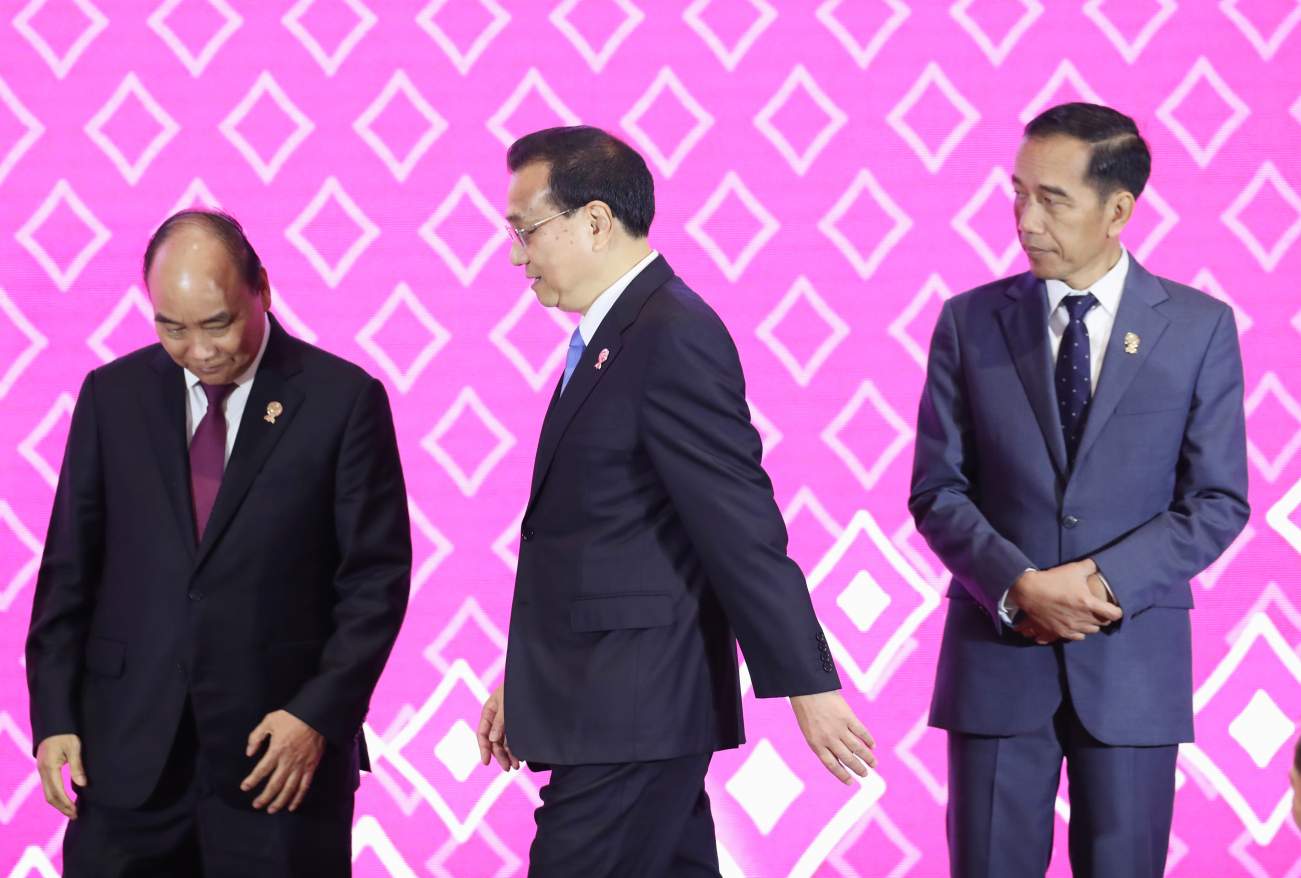2019 saw a major global tussle come into view over the regulation of cross-border data transfers, with a number of emerging economies taking measures to exercise greater sovereign control over their data. Contention on this issue is a product of a desire among emerging economies to push back against exploitative economic systems adopted by U.S.-based technology companies and mend a cumbersome process for law enforcement agencies seeking to access data stored in the United States. A key strategy adopted by these countries has been data localization mandates — a range of measures providing for mandatory storage or processing of data within the territory of a given country.
A major stakeholder in the political ecosystem surrounding data localization debates has been the Western lobby representing the interests of technology companies based in the United States. Through concerted efforts made in conjunction with both industry-led lobbying groups and state-backed diplomatic efforts they have managed to push emerging economies into diluting the scope of their data localization mandates and easing the restrictions on the free flow of data.




















